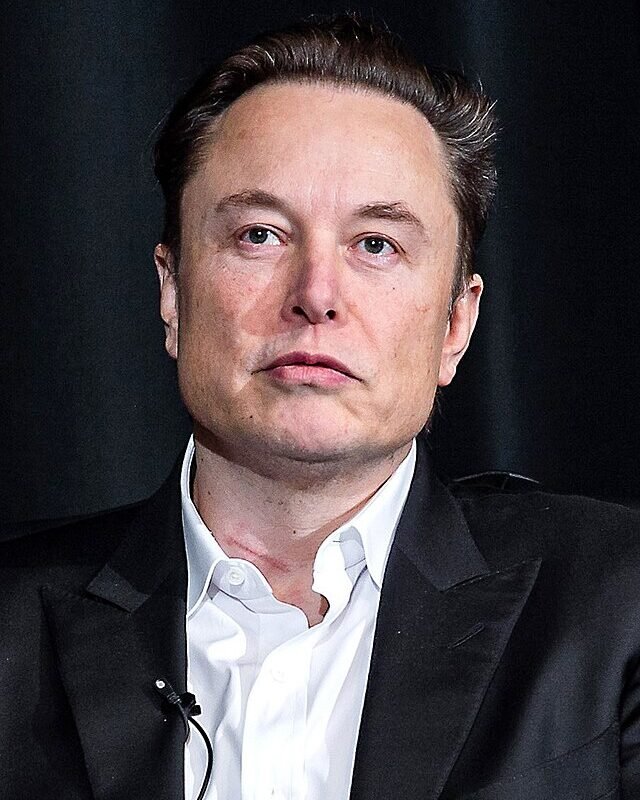
The European Union has exempted Elon Musk’s social media platform X from stringent regulations originally established under the Digital Services Act (DSA). This decision follows a preliminary finding in July that indicated X had been misleading users regarding its blue checkmark verification system. The DSA was designed to enforce strict accountability measures on major tech companies to enhance user protection and transparency.
The EU’s DSA framework, which took effect in 2023, requires large platforms to take proactive steps in combating misinformation, protecting users, and ensuring compliance with privacy laws. X, previously known as Twitter, faced scrutiny after EU authorities accused the platform of confusing users about the legitimacy of its verification process. Reports indicated that many users believed the blue checkmarks signified a form of official endorsement rather than a paid subscription service.
Despite these allegations, X has managed to sidestep severe sanctions, a move that has drawn criticism from digital rights advocates and political leaders. They argue that this exemption sends a troubling message regarding accountability in the tech sector, particularly concerning user safety and misinformation.
The DSA outlines that platforms must develop clear guidelines on content moderation and verification processes. These rules are part of broader EU efforts to regulate digital spaces and curtail harmful online behaviors. The July findings indicated that X’s approach to the verification process was misleading, leading to potential confusion among users. Critics contend that this creates an environment conducive to misinformation and undermines public trust in digital platforms.
Following the preliminary findings, EU officials engaged in discussions with X’s leadership. However, it appears that negotiations have resulted in leniency rather than the expected accountability measures. This development has reignited debates around the enforcement of digital regulations and the effectiveness of the DSA in holding powerful tech companies accountable.
Key players in the digital rights sphere have expressed concern about the potential ramifications of this decision. Advocacy groups argue that the EU’s reluctance to impose strict penalties on X may embolden other tech platforms to evade compliance with similar regulations. This could undermine the integrity of the DSA and its goals of enhancing user protection across the EU.
Elon Musk, who acquired Twitter in October 2022, has made significant changes to the platform since his takeover, including the controversial introduction of subscription-based verification. Musk’s approach to content moderation and platform governance has faced backlash, with many users expressing concern over increased misinformation and reduced transparency. The EU’s leniency towards X may reinforce Musk’s controversial policies, potentially enabling the spread of misleading information under the guise of verified content.
As the EU continues to navigate the complexities of regulating digital platforms, X’s situation highlights the ongoing tension between innovation and accountability in the tech industry. The challenge lies in balancing the need for rapid technological advancement with the imperative to safeguard user rights and promote responsible digital practices.
Critics assert that the current regulatory landscape fails to adequately address the potential harms posed by unchecked social media platforms. They emphasize the need for robust enforcement mechanisms to ensure compliance with established guidelines. The absence of stringent penalties for X may signal a broader trend of leniency toward tech giants, which could undermine the EU’s efforts to create a safer online environment.
The response from users has been mixed, with some supporting Musk’s vision for a more open platform while others demand greater transparency and accountability. The ongoing discourse around X’s verification practices reflects a larger societal debate about the role of social media in shaping public perception and discourse.
While the EU has taken steps to regulate digital platforms through the DSA, the efficacy of these measures remains under scrutiny. The challenges associated with enforcing compliance, particularly against influential entities like X, highlight the complexities of digital governance in an evolving landscape. The potential implications of the EU’s decision on the broader regulatory framework could shape the future of online platforms and their accountability in the years to come.



